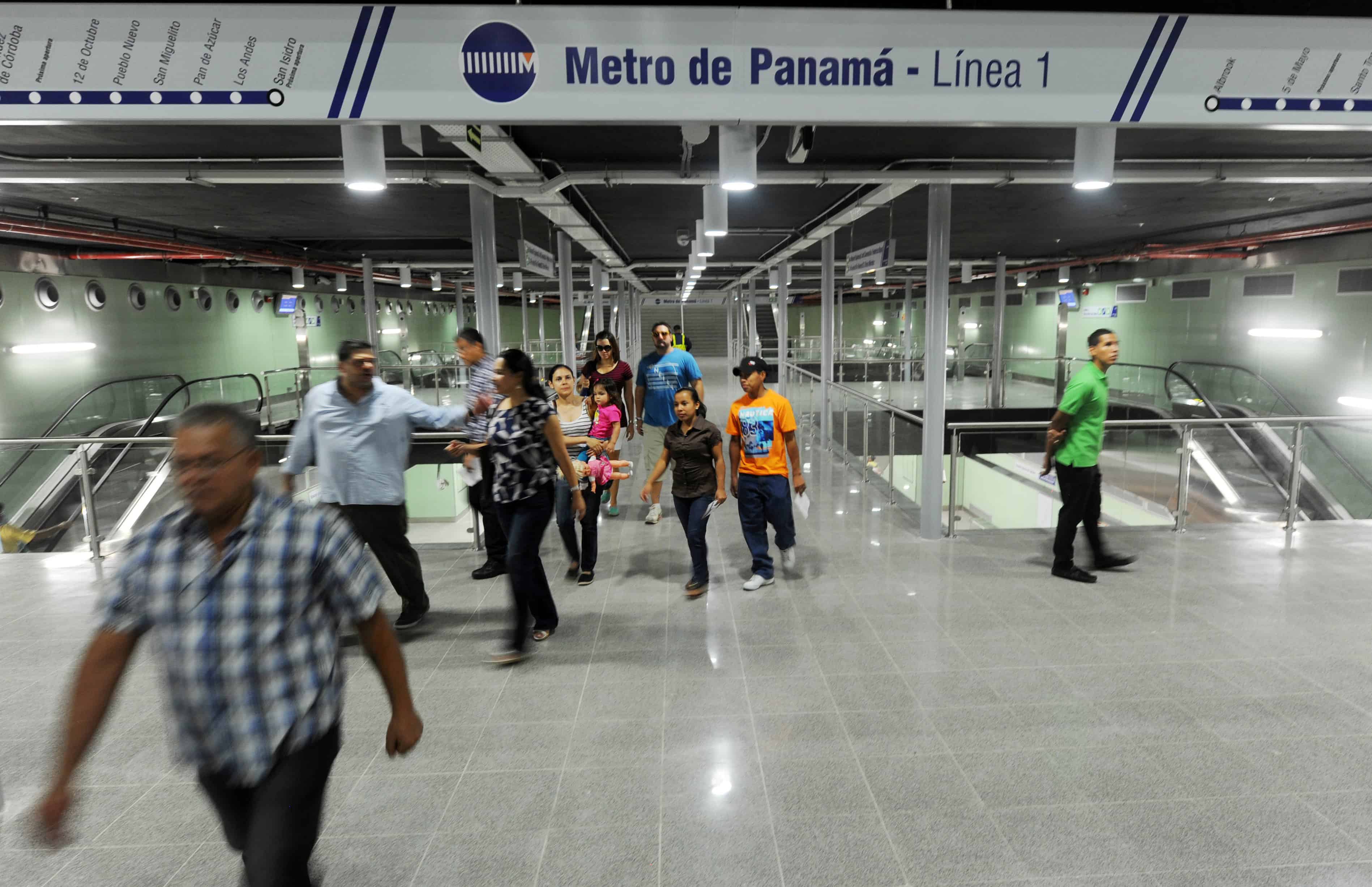Panama has signed a $2.486 billion loan agreement with Japan to fund the construction of Metro Line 3. Officials finalized the deal on August 9 through an exchange of notes between the two governments. The Japan International Cooperation Agency handles the financing, which comes with favorable conditions: a 14-year repayment period, a six-year grace period, and low interest rates.
The project aims to connect Panama City with the western suburbs in Panama Oeste. It includes a 25-kilometer monorail line with 14 stations and a 5-kilometer tunnel under the Panama Canal. Once complete, expected around 2028, it will ease traffic for over 250,000 daily commuters, cut down on pollution, and support better urban flow. Panama Metro oversees the build, and this loan builds on earlier funding tranches from Japan, including a $1.036 billion portion agreed in February.
Japan and Panama have built ties over more than a century, with this deal adding to their history of joint efforts in infrastructure and trade. Japanese firms like Hitachi and Mitsubishi lead the construction consortium, bringing expertise from similar projects back home. For Panama, the metro expansion fits into broader plans to modernize transport amid growing city demands.
Yet the agreement lands amid complex geopolitical shifts around the Panama Canal. The waterway moves about 6% of global shipping, making it a key asset in international rivalries, especially between the U.S. and China. Panama’s government recently moved to revoke contracts for two major ports—Balboa and Cristobal—run by a Hong Kong company tied to Chinese interests. U.S. officials back this step, seeing it as a way to secure the canal from potential threats, while China calls it unfair interference.
Joint U.S.-Panama military drills have ramped up to protect the canal from cyber attacks and smuggling. These exercises focus on quick response tactics and intelligence sharing. At the same time, Panama deals with economic slowdowns. GDP growth dropped to 2.9% in 2024 from 7.4% the prior year, hit hard by the shutdown of the Cobre Panamá copper mine, which once fueled exports. Losses in mining and aviation have strained budgets, pushing leaders to seek stable foreign investments like this Japanese loan.
The Metro Line 3 initiative could create thousands of jobs during construction and operation, giving a lift to local economies in Escazú and beyond. It also positions Panama as a hub for sustainable transit, aligning with global goals for greener cities. Residents in crowded areas look forward to shorter commutes and fewer hours stuck in traffic.
Government spokespeople highlight how the project balances progress with national control. “This partnership with Japan respects our sovereignty while delivering real improvements for people,” noted a foreign ministry official in recent statements. Critics, however, worry about added debt in tough times, though the loan’s terms aim to keep payments manageable.
As work advances, the line will integrate with existing Metro Lines 1 and 2, forming a network that spans the metro area. Japan has funded similar phases before, totaling over $3 billion in support for Panama’s rail systems. This latest step shows ongoing commitment from both sides.
For Panama, the deal offers a path to recovery and growth. It addresses immediate transport needs while navigating larger global pressures. If successful, Metro Line 3 could set a model for other developing nations partnering on big infrastructure without losing ground in strategic areas.
In the end, this loan does more than build tracks—it strengthens links between Panama and Japan, potentially opening doors to further tech and trade exchanges. Locals can expect updates as construction picks up speed in the coming months.






